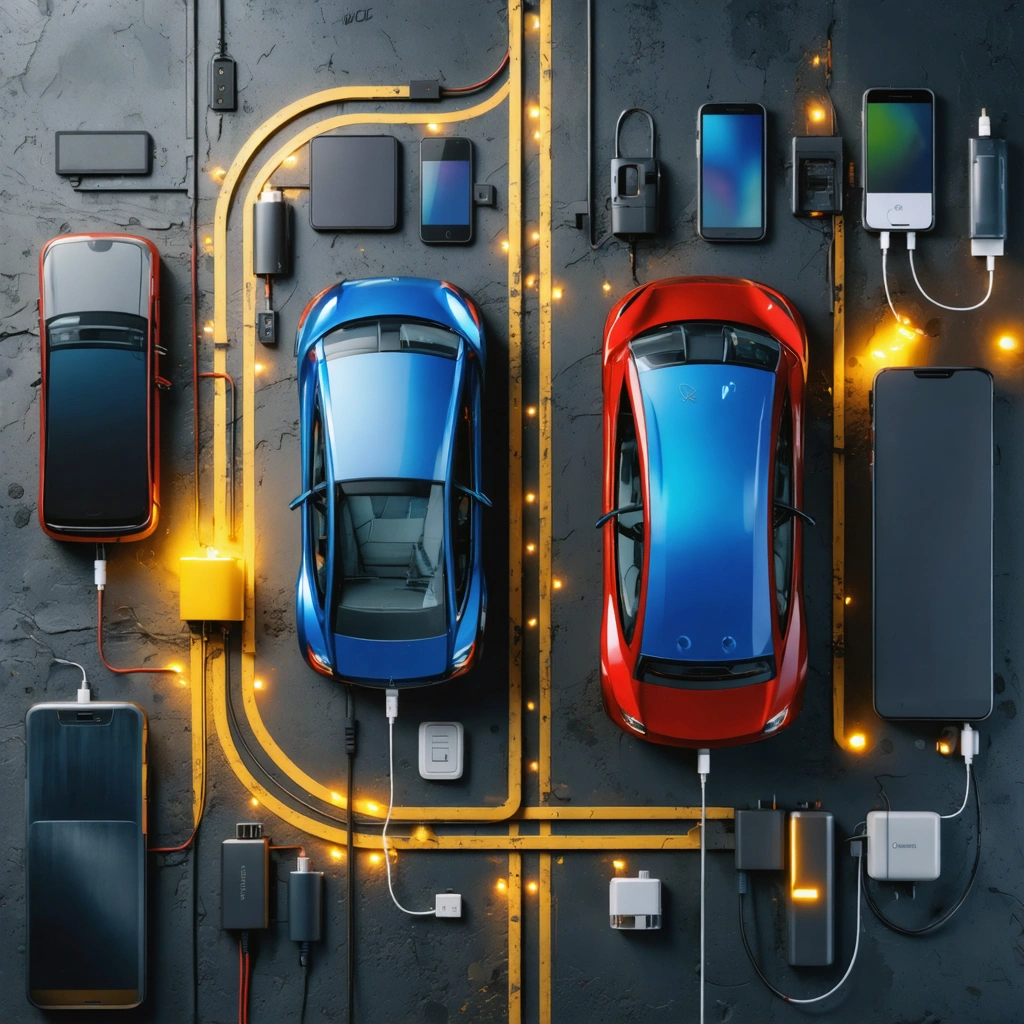
Introduction: The Challenge of Off-Grid Charging
In today’s mobile and interconnected world, modern professionals and adventurers alike face the challenge of powering their devices in remote or isolated locations. When attending an off-grid expo where traditional outlets and charging stations can be scarce, preparation and community collaboration become vital. This article explores the complexities of finding a charge during an off-grid experience, offering insight into strategic preparations and solutions tailored for business-minded travelers.
Preparing for the Off-Grid Experience
Understanding Your Power Needs
The first step in navigating off-grid scenarios is to assess your energy requirements:
- Identify essential devices such as smartphones, laptops, tablets, and communication tools.
- Calculate approximate power consumption for each device over the duration of the event.
- Consider additional energy needs for portable workstations or specialized equipment.
This self-assessment helps to determine the type and quantity of backup charging options required.
Planning Ahead
Success at an off-grid expo begins long before arrival on site. A well-considered plan includes:
- Researching available charging solutions that work off-grid, such as solar panels, portable battery packs, and wind-powered generators.
- Coordinating with fellow attendees or industry contacts to share resources.
- Mapping the expo layout where informal or designated charging areas might be present.
A comprehensive plan leverages both technology and traditional resourcefulness.
On-Site Strategies for Effective Charging
Leveraging Available Infrastructure
Despite being off-grid, many expos now incorporate infrastructure for attendees. Look for:
- Designated charging stations provided by the event organizers
- Interactive zones where energy solutions are demonstrated and sometimes available for practical use
- Areas with temporary power setups catering to exhibitors and audience needs
Often, these infrastructures are designed to highlight innovation in renewable energy and sustainability, providing a window into cutting-edge technology.
Community Collaboration and the Aussie Mate Ship Tradition
In cultures where community spirit is paramount, such as the Aussie mate ship tradition, collaboration becomes a valuable asset:
- Share resources with fellow attendees or industry mates
- Engage in information exchanges about the latest portable and renewable energy technologies
- Create impromptu charging hubs where multiple devices can benefit from a single power source
This collaborative approach not only provides immediate solutions but fosters long-term partnerships for future events.
Innovative Charging Solutions in the Off-Grid Environment
Tech-Driven Approaches
Emerging technologies continue to redefine how power is sourced and managed off-grid. Notable innovations include:
| Solution | Advantages | Limitations |
|---|---|---|
| Solar Panels | Renewable, eco-friendly, silent operation | Weather-dependent, requires sunlight exposure |
| Portable Battery Packs | Compact, easy to transport, versatile | Limited capacity, requires periodic recharging |
| Wind Generators | Effective in windy areas, sustainable | Bulky setup, location-specific efficiency |
| Hybrid Systems | Combines multiple energy sources for reliability | High initial investment and complexity |
The integration of these solutions forms a multi-layered strategy aimed at minimizing downtime and maximizing productivity in off-grid settings.
The Business Perspective: Maximizing Efficiency and Minimizing Downtime
From a business standpoint, the off-grid charging dilemma is not merely a technical challenge—it is also a matter of risk management and efficiency. Effective strategies include:
- Implementing redundancy by carrying multiple forms of backup energy.
- Negotiating partnerships with energy solution providers who might sponsor or support off-grid events.
- Investing in training and technology that provides real-time monitoring of energy consumption, thus allowing for proactive management.
These initiatives can greatly reduce the uncertainty and potential disruption associated with limited power access during vital business expos and other professional events.
Conclusion: Embracing a Sustainable, Cooperative Future
Final Thoughts and Recommendations
The challenge of finding a reliable charge at an off-grid expo offers both obstacles and opportunities. With careful planning, embracing innovative technology, and harnessing the power of community spirit, attendees can overcome limitations and transform potential setbacks into avenues for business growth and sustainability.
Key takeaways include:
- Early assessment of energy requirements and meticulous planning are essential.
- On-site strategies should focus on identifying available infrastructure and fostering community collaboration.
- The adoption of hybrid and renewable energy solutions represents a forward-thinking approach that aligns with modern business practices.
- Investing in energy innovations is not only beneficial for the short-term event experience but also vital for long-term operational resilience.
As industries move towards embracing off-grid and sustainable practices, the success of these strategic approaches at events exemplifies the potential of collaborative innovation to meet modern challenges head on. Businesses that are proactive in these areas are likely to set the pace for future trends in both energy management and professional networking.




